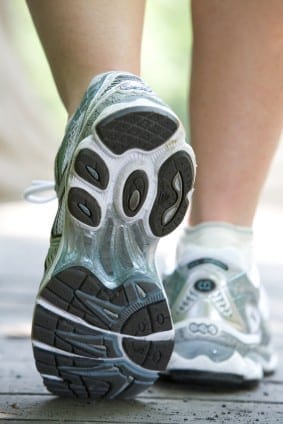Return To Running Post-Pregnancy

Have you got hip pain?
February 3, 2021
Is Constipation An Issue?
May 23, 2021Running is a high impact sport placing a lot of demand on the body. High impact exercise was found to have an increased risk of pelvic floor dysfunction compared to low impact exercise.
After having a baby, the pelvic floor is weak and injured in most women and may need instruction and supervision to be able to perform a correct pelvic floor muscle contraction, especially in those women who did not train these muscles before birth.
When is a good time to start?
Postnatal women need adequate time to heal and regain strength, particularly in the abdominal and pelvic floor muscles after pregnancy and delivery.
To be run ready, your body needs time to heal and regain its strength after having a baby. For this reason, it is recommended to initially keep to low impact exercises, followed by return to running between 3-6 months post-partum. It is recommended that all women, regardless of how they deliver, seek out a pelvic health assessment with a specialist physiotherapist to evaluate strength, function and co-ordination of the abdominal and pelvic floor muscles which are often impacted by pregnancy and delivery.
What should I consider before returning to running?
There are certain signs of pelvic floor and abdominal wall dysfunction that you should watch out for before considering running
- Leaking urine or inability to control bowel movements
- Heaviness/ dragging in the pelvic area (can be associated with prolapse)
- Pain with intercourse
- Obstructive defecation
- Separated abdominal muscles and/or decreased abdominal strength and function
- Musculoskeletal lumbopelvic pain
What are the risk factors for potential issues returning to running?
- Less than 3 months post-partum
- Pre-existing hypermobility conditions (for example, Ehlers-Danlos)
- Breastfeeding
- Pre-existing pelvic floor dysfunction or lumbopelvic dysfunction
- Psychological issues which may predispose a postnatal mother to inappropriate intensity and/or duration of running as a coping strategy
- Obesity
- Caesarean section or perineal scarring
How can physiotherapy help?
A specialist physiotherapist will evaluate your pelvic floor function and muscle strength through a series of specified tests. Assessment of strength of key muscle groups such as calf, quads, hamstrings, glutes, abdomen will also be carried out. If any areas of weakness are identified, you will be given a strengthening programme and advised on a gradual return to activities.
Other factors that may influence return to running are body weight, fitness, breathing, psychological status, tummy muscles separation, scar mobility, sleep and breastfeeding status.
Mariola Stypulowska MISCP
Senior Women’s Health Physiotherapist



